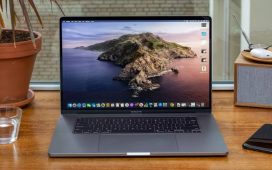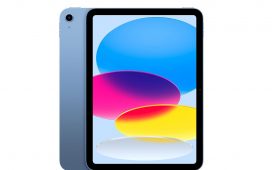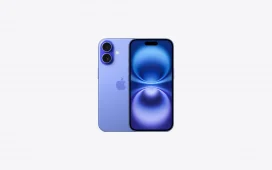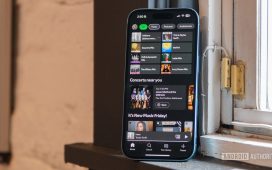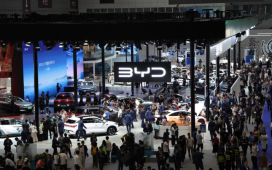Uncertainty surrounding global tariffs is unlikely to shake up the top tier of best-selling smartphones, after Apple dominated in the first quarter of 2025, a study from Counterpoint Research has shown.
The iPhone 16, iPhone 16 Pro Max and iPhone 16 Pro were the top three best-selling smartphones, respectively, in the three months up to March 31, continuing a pattern over the past two years, the Hong Kong-based firm said in its report.
The iPhone 15 was fourth and the iPhone 16 Plus was 10th, marking a fifth straight March quarter in which Apple secured half of the spots in the top 10.
That was further complemented by the “strong start” of the budget-friendly iPhone 16e – the successor to the iPhone SE that was unveiled in February – which ranked sixth in March.
The iPhone 16 performed particularly well in the Middle East, Africa and Japan, which recorded the highest growth, owing to improving economic conditions and revised subsidy rules that favoured Apple’s pricing strategy, Counterpoint said.
In China, however, the iPhone 16 Pro had to deal with challenges, including home-grown competition such as Huawei Technologies, which offer cheaper devices, and a consumer market generally favouring devices below 6,000 yuan ($833). The base iPhone 16 starts at $799.
Right behind Apple is Samsung Electronics, which occupies four spots in the top 10, three of which are mid-tier devices. That is an indication of the South Korean company’s strength in this segment.
Its latest top-end flagship phone, the Galaxy S25 Ultra, came in seventh. The device, along with iPhones, are classified as premium by Counterpoint.
And despite the continuing tariff tensions and broader market uncertainty, the share of the 10 best-selling smartphones is expected to “remain relatively stable”, analysts at Counterpoint said.
“This resilience is supported by OEMs [original equipment manufacturers] increasingly focusing on high-end smartphones where consumer interest is driven by premium features,” they added.
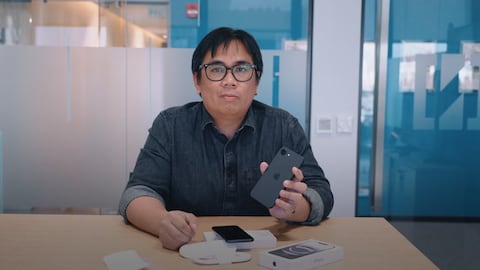
Smartphones remain the most popular and important consumer electronic devices. They have become an essential tool for communication, business, education and other daily activities.
With the rise of generative artificial intelligence, phone manufacturers – particularly Apple and Samsung – are looking for ways to incorporate the latest technologies to entice a wider consumer base.
Apple’s iPhone 15 was the world’s top-selling smartphone in 2024, outclassing competition largely focused on capitalising on the steady rise of generative AI in mobile devices, Counterpoint reported previously.


